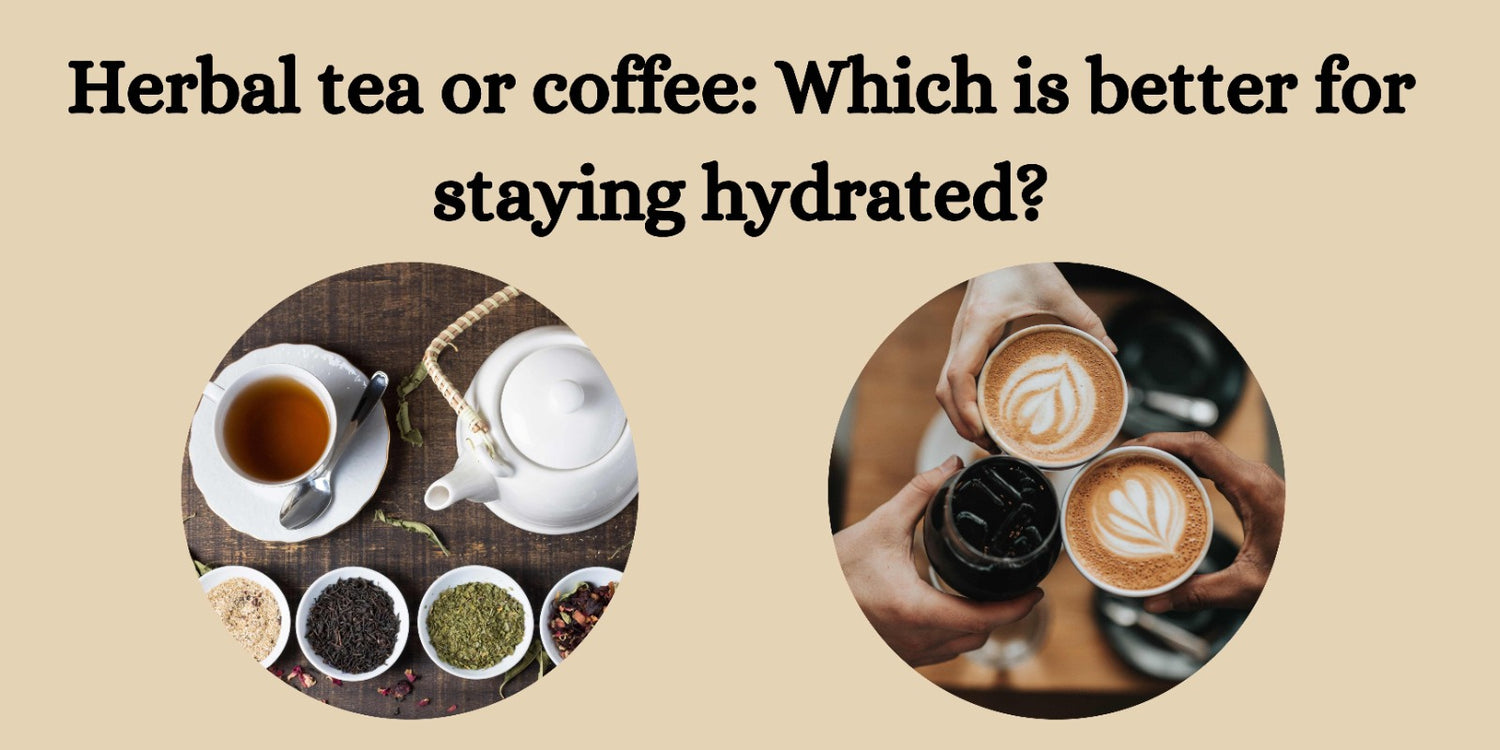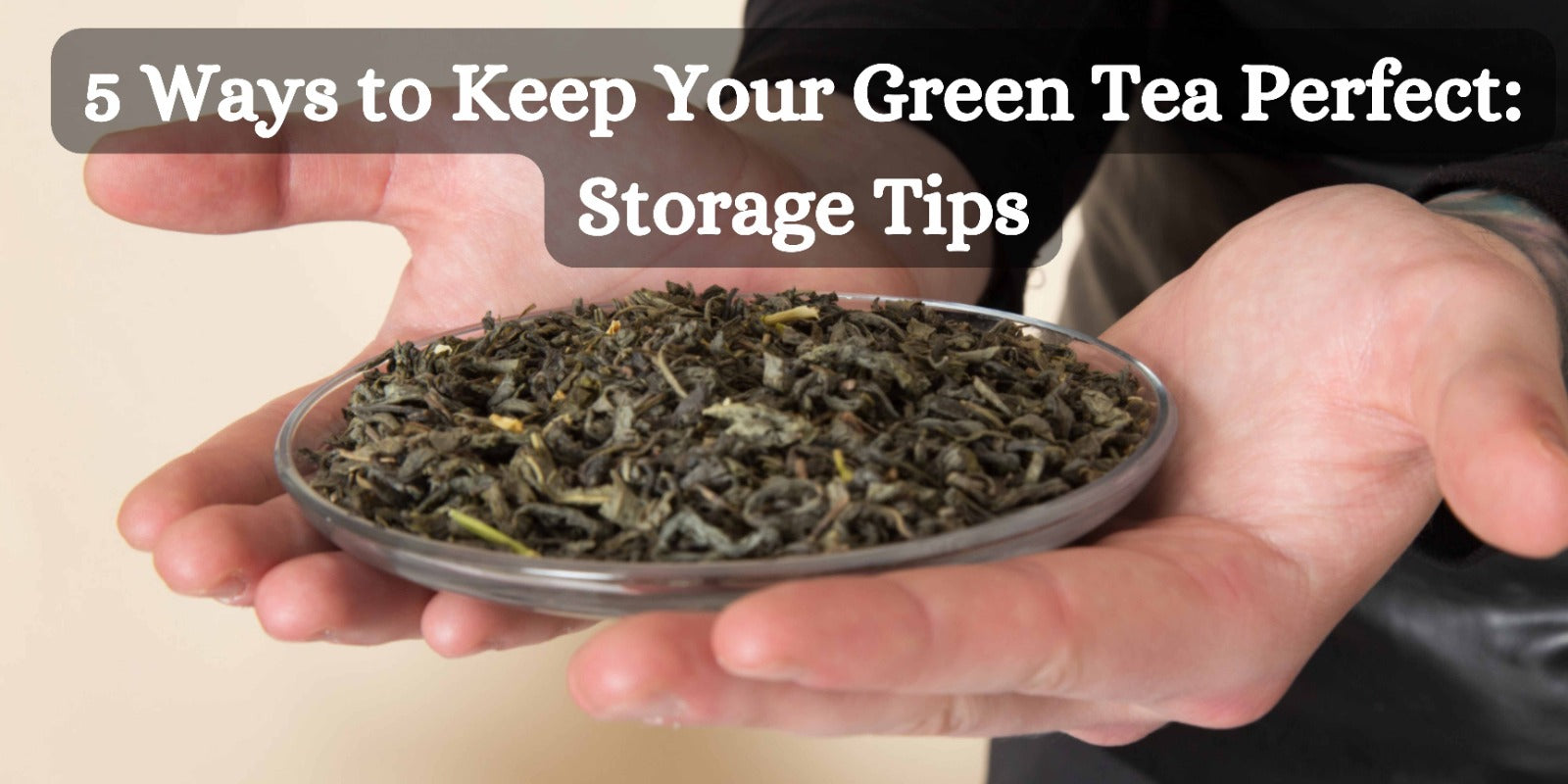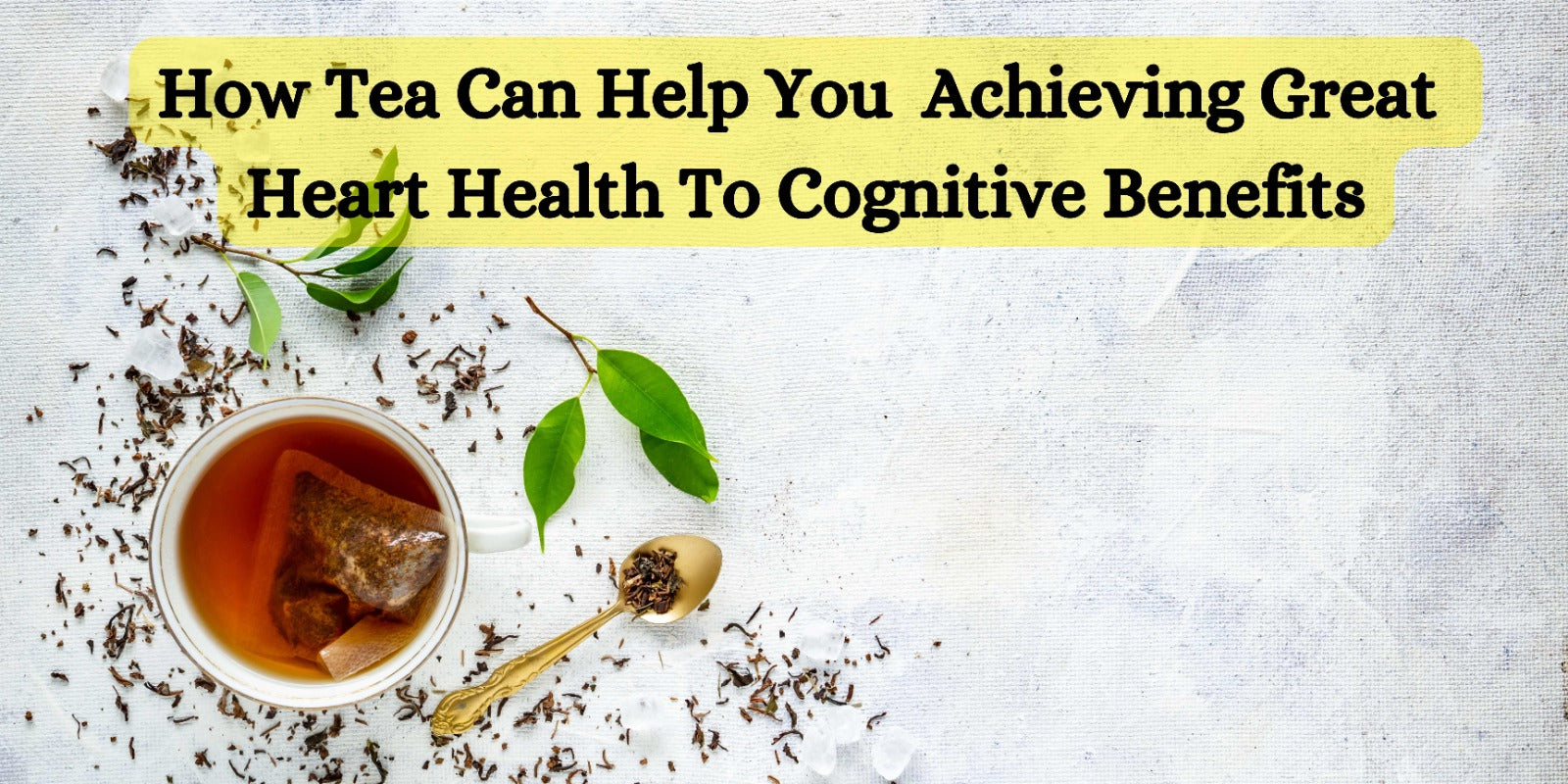When it comes to staying hydrated, many of us reach for our favorite beverages throughout the day. Two popular choices are herbal tea and coffee. But which one is actually better for hydration? Let's dive into the science behind these drinks and explore whether herbal tea is indeed more hydrating than coffee.
Understanding Hydration
Before we compare herbal tea and coffee, it's important to understand what hydration means. Hydration refers to the process of providing your body with adequate fluids to maintain proper bodily functions. Water is the most essential component for hydration, but other beverages can contribute to our daily fluid intake as well.
The Caffeine Factor
One of the key differences between herbal tea and coffee is their caffeine content. Coffee is well-known for its high caffeine levels, while most herbal teas are naturally caffeine-free. This distinction plays a crucial role in how these beverages affect hydration.
Caffeine can act as a mild diuretic, causing increased urination. This has led to the common belief that caffeinated beverages like coffee are dehydrating. However, recent research suggests that this effect is not as significant as once thought, especially for regular coffee drinkers who develop a tolerance to caffeine's diuretic effects.
Herbal Tea: A Hydration Hero?
Herbal teas, also known as tisanes, are made from various plants, herbs, fruits, and spices steeped in hot water. Herbal teas don't have caffeine. They're made from different plants, not the same one as regular tea.
The lack of caffeine in herbal teas means they don't have the potential diuretic effect associated with coffee. This makes herbal tea an excellent choice for hydration. When you drink herbal tea, you're essentially consuming flavored water, which contributes directly to your daily fluid intake without any counterproductive effects.
Moreover, many herbal teas have additional health benefits. For example:
- Chamomile tea is known for its calming properties and may improve sleep quality.
- Peppermint tea can soothe upset stomachs and ease digestive discomfort.
- Ginger tea has anti-inflammatory properties and may help boost the immune system.
- Hibiscus tea may help lower blood pressure.
These added benefits make herbal teas not just hydrating, but also potentially beneficial for overall health.
Coffee: Not as Dehydrating as You Might Think
While coffee does contain caffeine, its reputation as a dehydrating beverage may be somewhat exaggerated. Recent studies have shown that moderate coffee consumption doesn't significantly impact hydration status in regular drinkers.
A 2014 study published in PLOS ONE found that when consumed in moderation, coffee — despite its caffeine content — does not lead to dehydration and can contribute to daily fluid requirements similarly to other fluids.
However, it's worth noting that excessive coffee consumption, particularly for those not accustomed to caffeine, may still have a mild diuretic effect. Additionally, adding sugar, cream, or other high-calorie additives to coffee can have negative health impacts unrelated to hydration.
Comparing Hydration Potential
When it comes to pure hydration potential, herbal tea does have an edge over coffee. Here's why:
- No Caffeine: Most herbal teas are caffeine-free, eliminating any potential diuretic effects.
- Variety of Flavors: The wide range of herbal tea flavors makes it easier for many people to consume more fluids throughout the day.
- Hot or Cold: Herbal teas are great! You can drink them hot or cold, whatever you like.
- Additional Health Benefits: Many herbal teas offer extra health benefits beyond hydration.
- No Added Calories: Unlike coffee, which is often consumed with calorie-rich additives, herbal tea is typically consumed plain.
However, it's important to remember that both herbal tea and coffee can contribute to daily fluid intake. So drink with limitations.
Practical Tips for Staying Hydrated
Whether you prefer herbal tea or coffee, here are some tips to ensure you stay well-hydrated:
-
Listen to your body: Listen to your body. Drink up when only you're thirsty.
-
Aim for variety: Include a mix of water, herbal teas, and other beverages in your daily routine.
-
Be mindful of additives: Avoid adding excessive sugar or cream to your drinks.
-
Consider timing: If you're sensitive to caffeine, avoid coffee in the late afternoon or evening.
-
Stay consistent: Regular, moderate consumption of your preferred beverages is key to maintaining hydration.
Conclusion
While herbal tea does have some advantages when it comes to hydration, both herbal tea and coffee can contribute to your daily fluid intake. Herbal tea's lack of caffeine and additional health benefits make it an excellent choice for hydration. However, moderate coffee consumption is not as dehydrating as once believed and can also contribute to daily fluid needs.
Ultimately, the best beverage for hydration is the one you enjoy and will consume regularly. If you love your morning coffee, there's no need to give it up in favor of herbal tea. Instead, consider incorporating a variety of beverages into your daily routine, including water, herbal teas, and moderate amounts of coffee.
Remember, staying hydrated is about more than just the type of beverage you choose. It's about consistent, adequate fluid intake throughout the day. So whether you're sipping on a soothing chamomile tea or enjoying your favorite coffee blend, what matters most is that you're giving your body the fluids it needs to function at its best.




